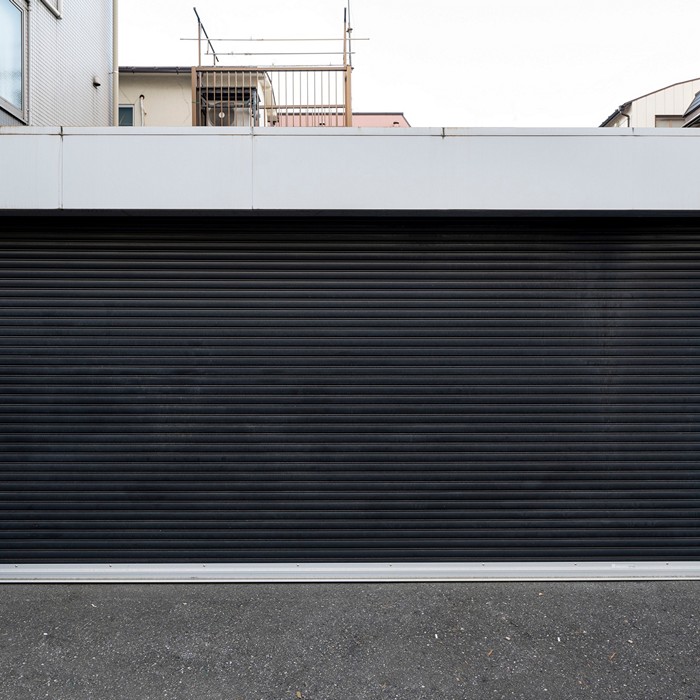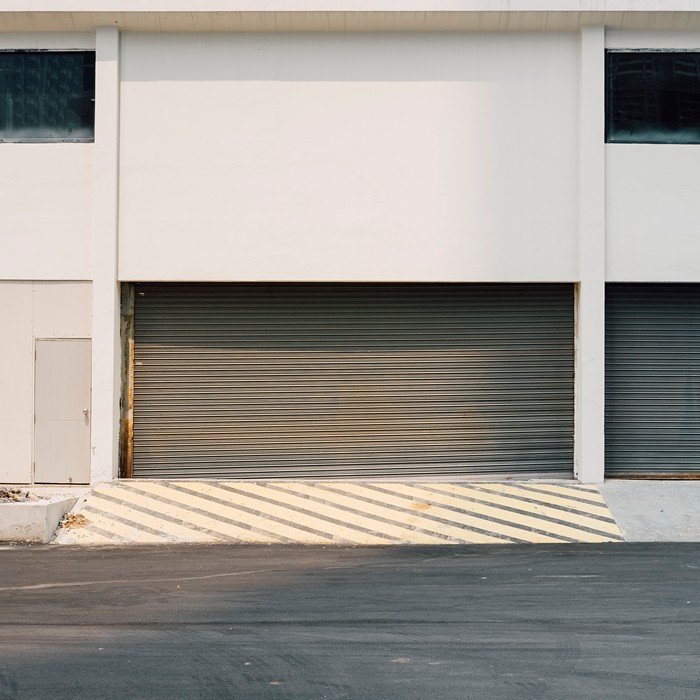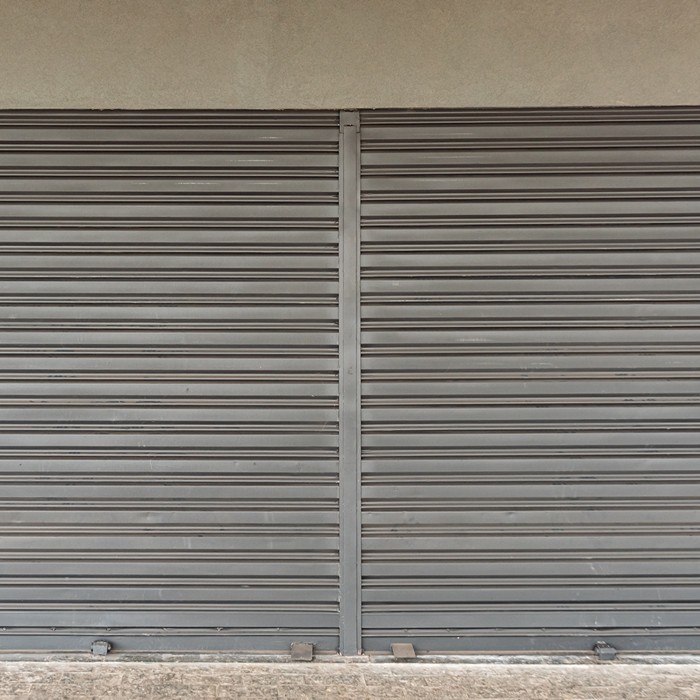Understanding Garage Door Safety Risks
Garage doors are convenient, but they can also be dangerous if not operated or maintained correctly. Many homeowners underestimate the risks associated with a malfunctioning garage door, which can lead to accidents or injuries. For instance, a garage door weighs several hundred pounds, and if it falls unexpectedly, the damage can be significant.
Common safety risks include:
- Worn-Out Rollers – Damaged rollers can cause uneven movement and unexpected stops.
- Faulty Sensors – Safety sensors prevent the door from closing on objects or people but can fail over time.
- Loose Tension Cables – Cables under high tension are prone to snapping and becoming hazardous.
By recognizing these safety risks, homeowners can take precautions to ensure their garage door remains safe for daily use. For immediate concerns, consider scheduling garage door inspection services to prevent accidents.

Steps to Safely Operate Your Garage Door
To ensure the safety of your family and property, it’s essential to follow safe operating practices. Proper usage minimizes risks and helps extend the lifespan of your garage door system. Here are key steps you can follow:
- Test the Auto-Reverse Feature – Place an object under the garage door; it should reverse upon contact.
- Supervise Closing Operations – Never leave the garage door closing unattended.
- Keep Tracks and Rollers Clear – Regularly clean tracks and inspect for obstructions or debris.
- Check Manual Operation – Disconnect the garage door opener and test if the door can open manually.
- Secure the Garage Door Remote – Keep remote controls out of reach of children.
Following these safety steps helps prevent malfunctions and injuries. If the door operates inconsistently, contacting a technician for garage door troubleshooting Goose Creek, SC can ensure it runs smoothly.

Regular Maintenance for Garage Door Safety
Preventative maintenance plays a vital role in garage door safety and efficiency. Small tasks performed regularly can reduce wear and tear while improving functionality. Here’s a simple checklist:
- Lubricate Tracks and Hinges – Using a non-greasy lubricant ensures smooth operation.
- Inspect the Cables – Look for fraying or looseness and avoid DIY repairs.
- Check the Door Balance – An unbalanced door may cause the motor to strain.
- Clean the Sensors – Dust and dirt can block infrared signals, causing the door to malfunction.
- Test Emergency Release – Ensure the emergency pull cord works correctly in case of power failure.
Scheduling a professional garage door tune-up annually is highly recommended. Expert maintenance can identify and resolve minor issues before they turn into costly repairs.

address: 221 St James Ave #12A, Goose Creek, SC 29445
phone: